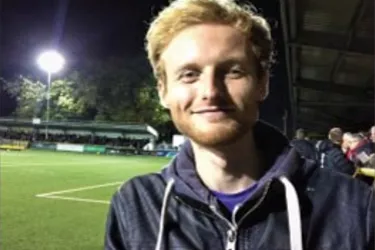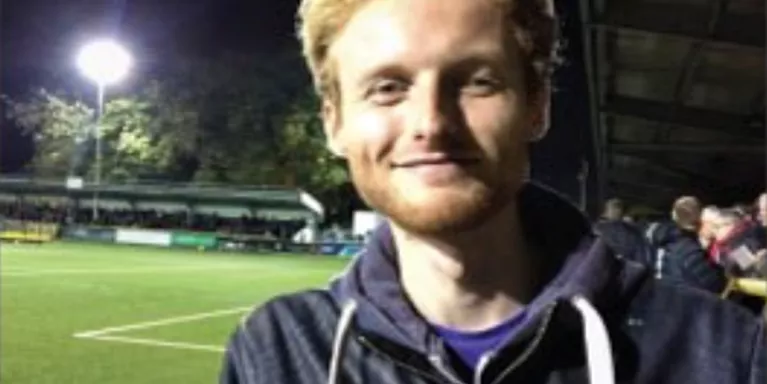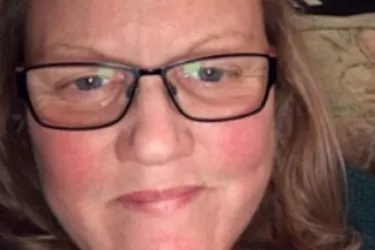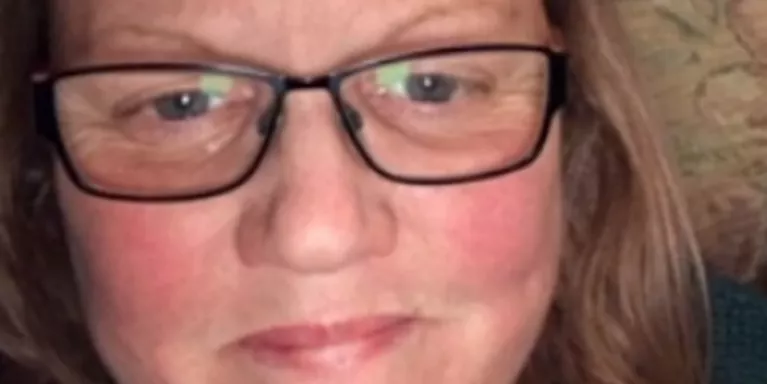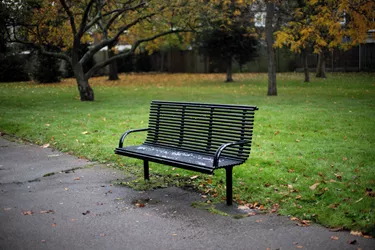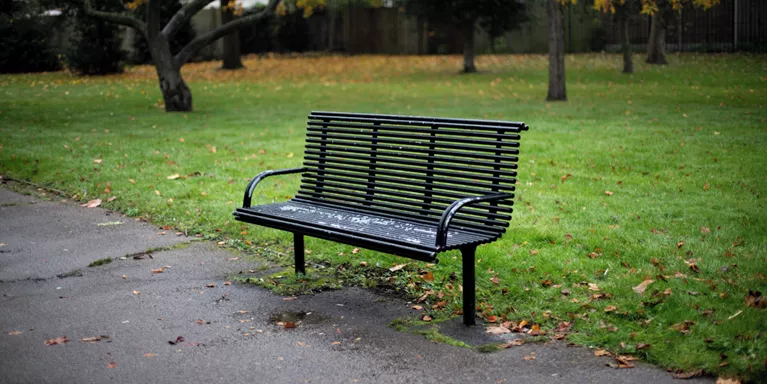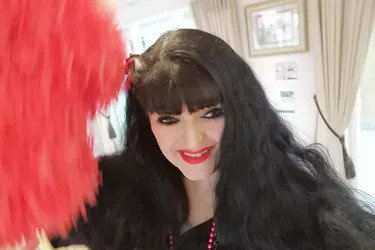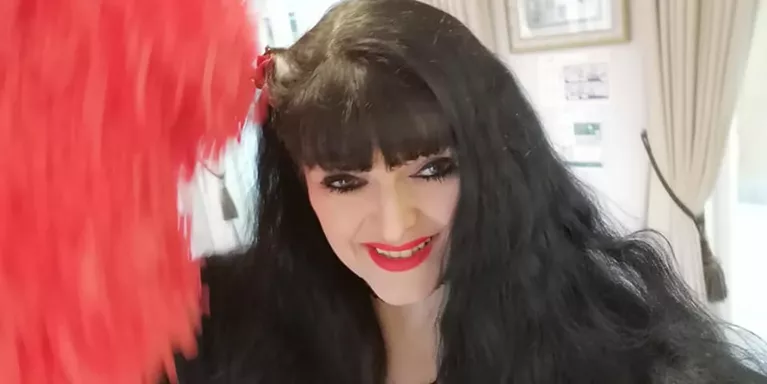My culture stopped me talking about my anxiety
Shetal says she only started to tackle her mental health problems when she learnt it was all right to admit to them.
I cannot pinpoint the first time I felt anxious, but I do know when things started to become difficult and unmanageable. During my mid-twenties, my anxiety was at its peak. I constantly felt claustrophobic, even in open spaces, my thoughts ran a 1,000 miles per minute, I was out of breath but all I was doing was watching TV. I felt like the world was caving in on me and I had no escape. At this point I was not sure what I was feeling, and I could not even bring myself to tell anyone, mostly because of my own insecurities. How do you explain to someone that this is how you are feeling?
"I love my culture and my roots, but talking about feelings and emotions was not ‘normal’ practice."
I am a British South Asian woman, which has pressures of its own. Don’t get me wrong, I love my culture and my roots but talking about feelings and emotions was not ‘normal’ practice. There is also the battle that many South Asian women like me, are still fighting for their rights in the community. The rights to be shown equality, the right that a woman’s place is not in just the home, getting married and bearing children. Even though times have changed in many ways, this kind of thinking is still be around.
Turning to the internet
Feeling alone, I turned to the internet and started researching how I was feeling. There it was – all my symptoms in black and white. My diagnosis is anxiety. I was freaked out –I was in denial, and ashamed. I shoved the thoughts to the back of my head. But I just became more anxious. I was irritable with anyone around me, I would get angry very easily, and this started to affect my relationships with people. I couldn’t tell them why I was so angry and frustrated, and even if I did, I knew they wouldn’t understand as no one talked about these things. I became more and more distant, and this led to more and more anger.
Fast-forwarding to a few years ago, I stumbled across some counselling. Before I started my sessions, I would tell my friends. “oh, guess what, I’m going to therapy” as if it was all a big joke. I really was not taking the therapy sessions seriously, until I had my first session. The therapist looked pleasant, dressed quite casually. She asked me to sit down and after a few awkward minutes, I started to relax, and felt at ease. She asked me how I was feeling, and I have no idea what came over me, but I started just blurting out all these thoughts that had been built up for years. I couldn’t stop myself. My head was saying ‘Shetal stop talking!’ but my mouth wouldn’t stop. The lady just let me speak.
"I was so nervous putting my story out there, but the feedback was amazing, especially from the South Asian community."
Once I finished, she started to give her input. When I walked out of her office, I started to feel a bit lighter, less claustrophobic. As the sessions went on, I started looking forward to going to therapy. I started to accept my anxiety and learnt way to cope with it. My sessions ended, and I was left to deal with my anxiety on my own. My therapist was no longer around to hold my hand. I still felt like I had no one I could confide in, maybe only my best friend. I won’t say it has been plain sailing from there. I have great periods when I feel I have nailed how to cope with anxiety, then other times when I feel completely bogged down with it and see no end.
Getting positive feedback
On Mental Health Awareness day 2018, I posted my story on social media. I was so nervous putting my story out there, but the feedback I received was amazing, especially from the South Asian community, I was applauded for my bravery for speaking up. People started reaching out and I was surprised by the number of people going through similar issues. I finally felt relieved.
There are many coping methods. What works for some may not work for others. The ways I have learnt to cope is firstly by learning how to talk about how I’m feeling with someone I trust. For me the secret is speaking to a third party who is not linked to your social circles or family. They can help you see things from a different perspective. Also, dealing with one problem at a time has helped. I keep a diary in which I write my thoughts, this helps me process things and usually I feel better after jotting them down. Exercise and music are another great coping mechanism. I love going to the gym and lifting weights, I see it as sweating all the toxins out of my body by getting my adrenaline pumping. My last coping method is being creative. I enjoy drawing and painting, and being a makeup artist I love creating different looks. This really gives me a sense of achievement.
Today, I feel calmer within myself. I have come to terms with anxiety and am no longer ashamed. I now enjoy my own company. I understand anxiety is not something that can be cured, but having a strong support network, and most importantly doing the things I enjoy, make the days easier.


Information and support
When you’re living with a mental health problem, or supporting someone who is, having access to the right information - about a condition, treatment options, or practical issues - is vital. Visit our information pages to find out more.
Share your story with others
Blogs and stories can show that people with mental health problems are cared about, understood and listened to. We can use it to challenge the status quo and change attitudes.










